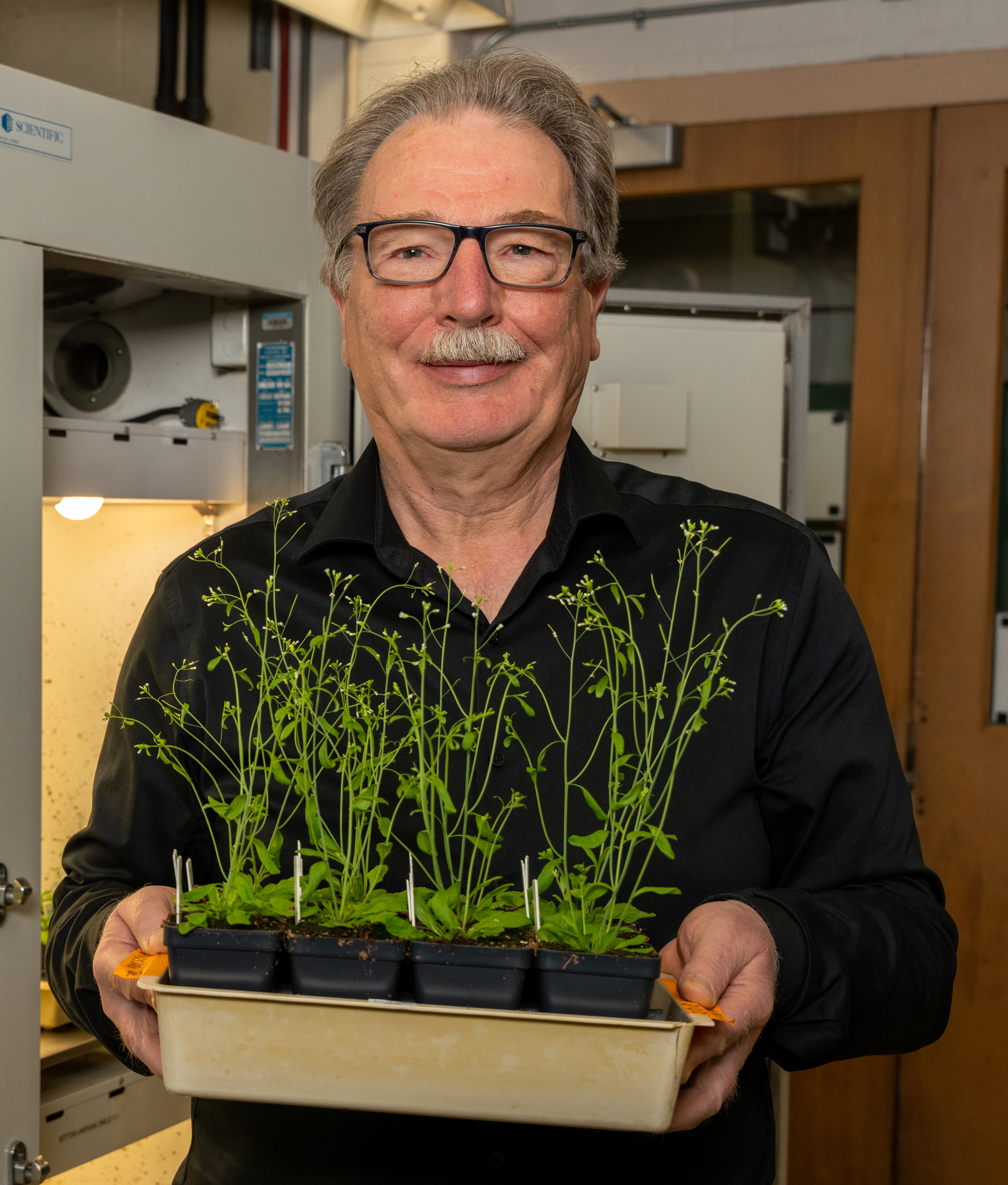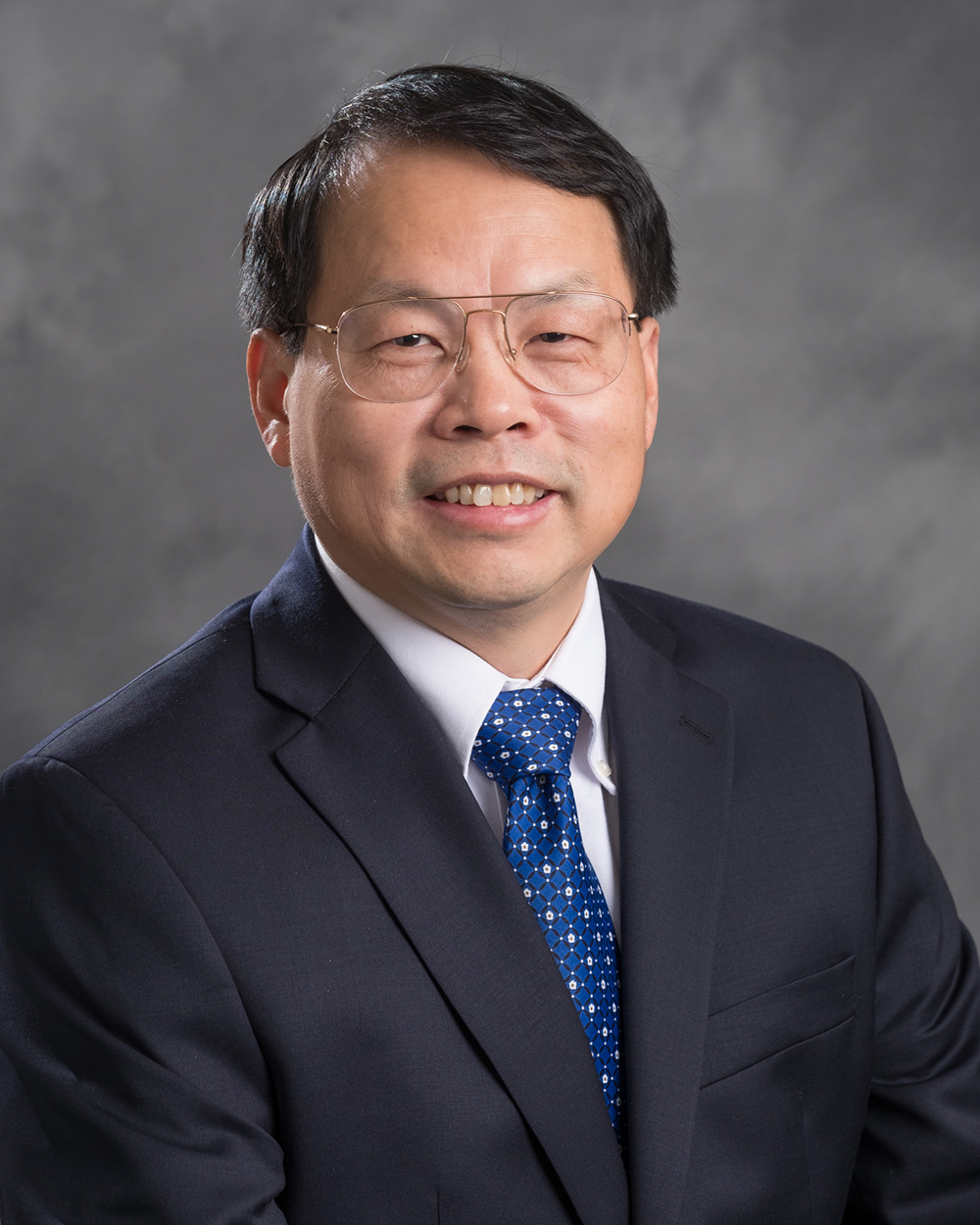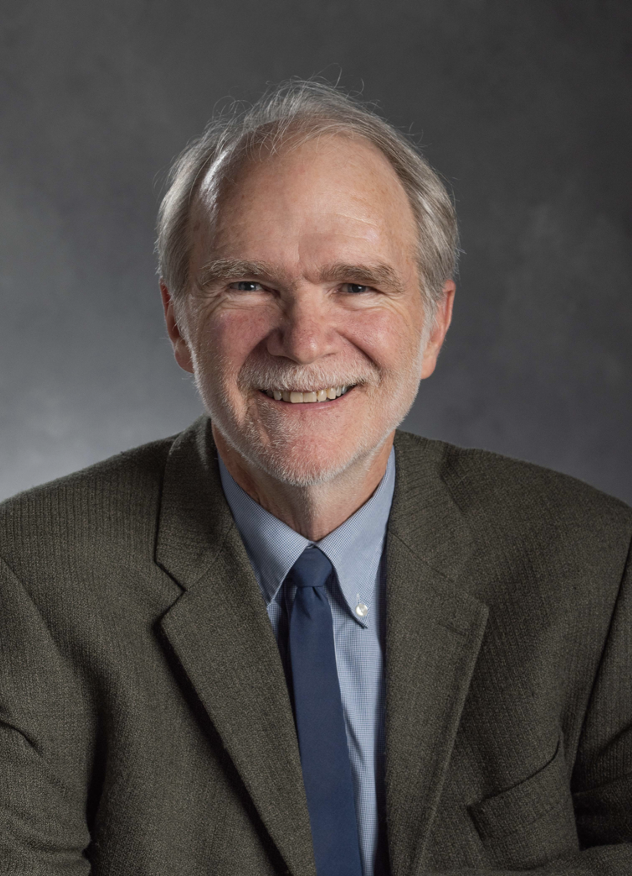Three Michigan State University faculty members have been elected to the National Academy of Sciences this year. Christoph Benning, Jianguo "Jack" Liu and Philip Robertson are among the 120 members and 30 international members being recognized for their distinguished and continuing achievements in original research.
The National Academy of Sciences was established in 1863 by an Act of Congress, signed by President Abraham Lincoln, as a private, nongovernmental institution to advise the nation on issues related to science and technology. Currently, there are only 2,662 members and 556 international members of the NAS. This recent membership class brings MSU’s total to 18 members.
“I am proud to congratulate Christoph Benning, Jianguo “Jack” Liu and Philip Robertson on their election to the esteemed National Academy of Sciences,” said MSU President Kevin M. Guskiewicz, Ph.D. “With their expertise in plant science, sustainability and ecology, these distinguished researchers are driving positive change across our state, nation and world — and bolstering MSU’s legacy as one of the most societally impactful universities.”
Benning is a University Distinguished Professor and MSU Research Foundation Professor in the College of Natural Science. He is an inventor and one of the world’s foremost experts in plant lipid metabolism, which is essential for various plant functions. Since 2015, Benning has served as the director of the MSU-Department of Energy Plant Research Laboratory.
During his 40-year career, Benning has discovered several new genes and their functions. He identified the WRINKLED1 protein in Arabidopsis plants. When “switched on,” this protein helps plants produce more vegetable oil, which we rely on for cooking and biofuel. Benning’s lab has also been studying how plants respond to stressful conditions so that researchers can create plants that are resilient to these environments. He has received numerous accolades such as MSU’s Innovator of the Year Award in 2018 and was the first MSU researcher to become a senior member of the National Academy of Inventors in 2022.
“I am truly honored for being elected by my peers to the National Academy of Sciences,” Benning said. “This would not have been possible without the dedication and efforts of my mentees, mentors, collaborators, colleagues and staff, and the support of my family and friends. I thank them all. I am aware that becoming an academy member comes with responsibilities, especially this year. I anticipate remaining fully engaged in support of the plant sciences community at Michigan State University and beyond for the greater good of all.”
Liu is a University Distinguished Professor and the Rachel Carson Chair in Sustainability in the College of Natural Science and the College of Agriculture and Natural Resources. He is also the founder and director of the Center for Systems Integration and Sustainability. His trailblazing work understanding the complex interactions in the giant panda habitat in China has evolved into a pioneering career in systems integration for global sustainability — combining natural and social sciences, policy and technology for understanding and promoting global environmental sustainability. Liu’s research has also contributed to recovering panda habitat while improving the well-being of the people who live across the panda distribution range.
His award-winning telecoupling and metacoupling frameworks, powerful tools applied across the world, have uncovered hidden and complex cascading impacts of human activities on sustainability in specific places around the world. Liu’s innovative work has been adopted by not only the scientific community but also government agencies and international organizations such as the United Nations.
“I am deeply honored to be amongst the many colleagues I have admired and had the pleasure to work with at Michigan State University and beyond,” Liu said. “The tremendous community of the academy is a powerful source of support as we together face significant challenges and opportunities for our country and our world. MSU has been a wonderful place to teach and discover. I am most grateful to the fantastic MSU students, staff, faculty and administrators as well as collaborators in other institutions and funding agencies for their excellent support and help over the past three decades.”
Robertson is a University Distinguished Professor of ecosystem science with the W.K. Kellogg Biological Station in the College of Agriculture and Natural Resources and College of Natural Science. He is an internationally recognized crop and soil scientist and ecosystem ecologist. His more than four decades of research have focused on the biogeochemistry and productivity of field crop ecosystems and landscapes.
Robertson has made significant contributions to understanding how farming practices influence climate stability, water quality and crop yields for corn, soybeans and wheat. He has led several of the nation’s most influential agricultural research programs, including the National Science Foundation’s Long-Term Ecological Research program or LTER from 1988 to 2017. He also played a foundational role in three of MSU's major agroecology initiatives at KBS: the LTER, the USDA’s Long-Term Agroecosystem Research Network and the Department of Energy’s Great Lakes Bioenergy Research Center, for which he served as science director from 2017 to 2021. Robertson has also made considerable contributions to science policies by serving on national committees.
“I'm deeply honored by the election, made possible only by colleagues and others at Michigan State University who have provided outstanding opportunities to collaborate through the years,” said Robertson. “MSU has been an exciting place to advance the science I care most about and to teach the next generations.”
A full list of 2025 members is available on the NAS website.


